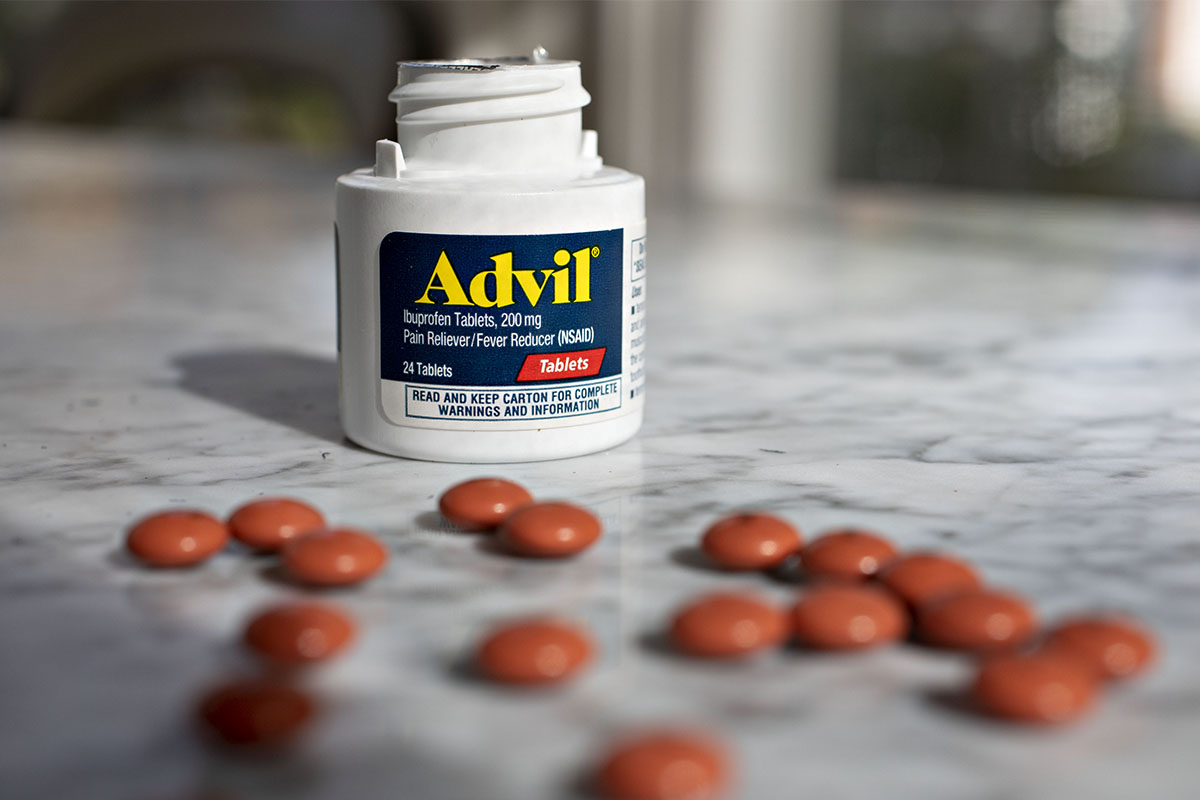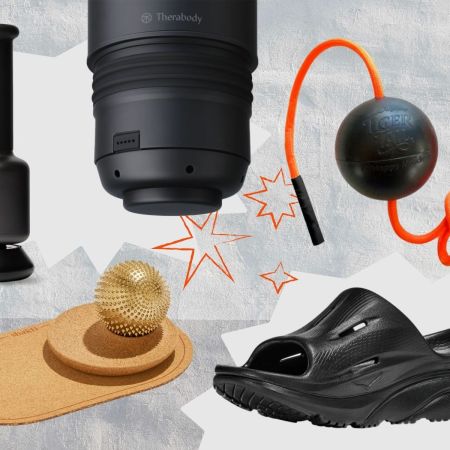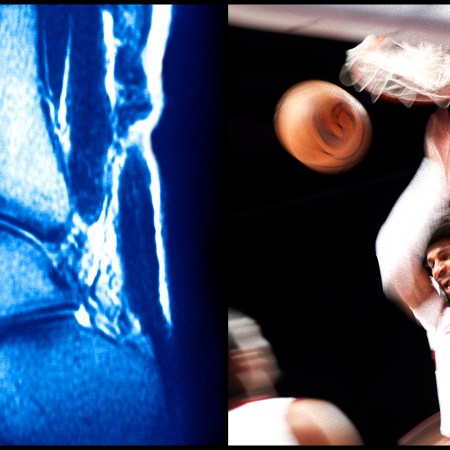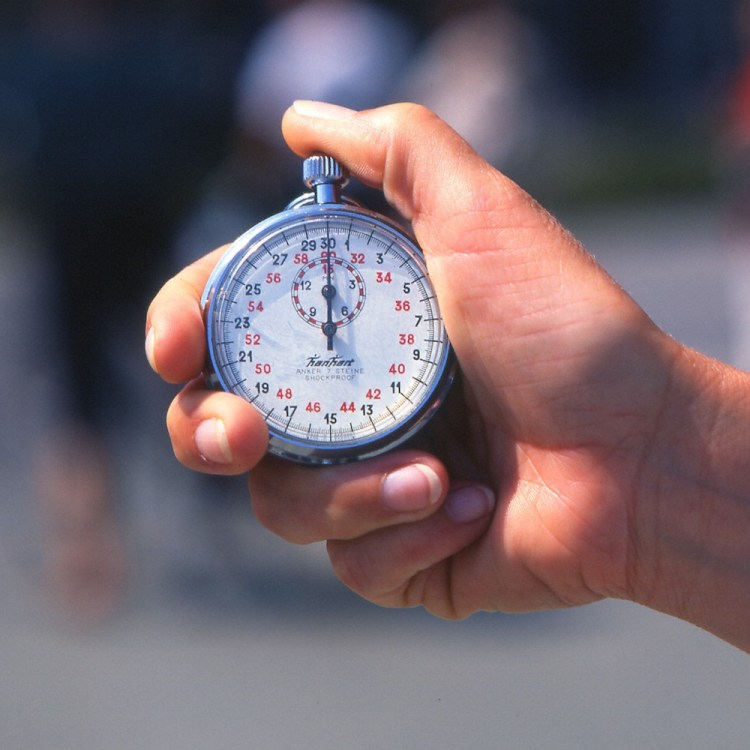Year after year, ibuprofen and acetaminophen are two of the best-selling OTC drugs in America. And year after year, back pain is the most reported cause of pain amongst American patients.
At least 25% of American adults have been dealing with back pain in the last three months, and over the course of a lifetime, 80% of the populace will experience at least some form of it. It stands to reason, then, that the drugs commonly known to alleviate aches would be recruited to handle the pain we’re all most familiar with.
But according to a recent study, popping Advil anytime your back hurts is likely exacerbating the issue. Researchers took blood samples from a sample size of 98 volunteers, testing their molecular markers at the moment they first reported back pain and three months after.
Surprisingly, those whose pain ultimately went away had an inflammatory response during the acute stage of their back pain. Those whose pain didn’t go away (becoming chronic) never experienced an inflammatory reaction. By its very nature, a drug like ibuprofen is anti-inflammatory. These findings suggested that blocking the inflammatory response cripples the body from doing what it needs to do, creating a cycle where the back can never truly recover.
This conclusion was given more credence after the authors turned to lab experiments with mice (those that were given anti-inflammatories developed chronic back pain), and the always-useful UK Biobank (British citizens taking nonsteroidal anti-inflammatory drugs are twice as likely to experience chronic back pain).
What does this mean? Simply put: back pain isn’t going to be solved with a band-aid. More rigorous research is necessary here, including a double-blind study, but it’s safe to say that Advil should not be the priority when trying to fix lumbar pain. Instead, focus on stretching, massage, thermoregulation therapy (ice baths, saunas), and believe it or not, more exercise.
Not compound squats at the gym, obviously, but light jogs and long walks should help. When we sit at computers all day, our vertebrae compress and our hip flexors tighten. The best way forward isn’t briefly numbing the pain; it’s getting back into the habit of moving.
The Charge will help you move better, think clearer and stay in the game longer. Subscribe to our wellness newsletter today.



















